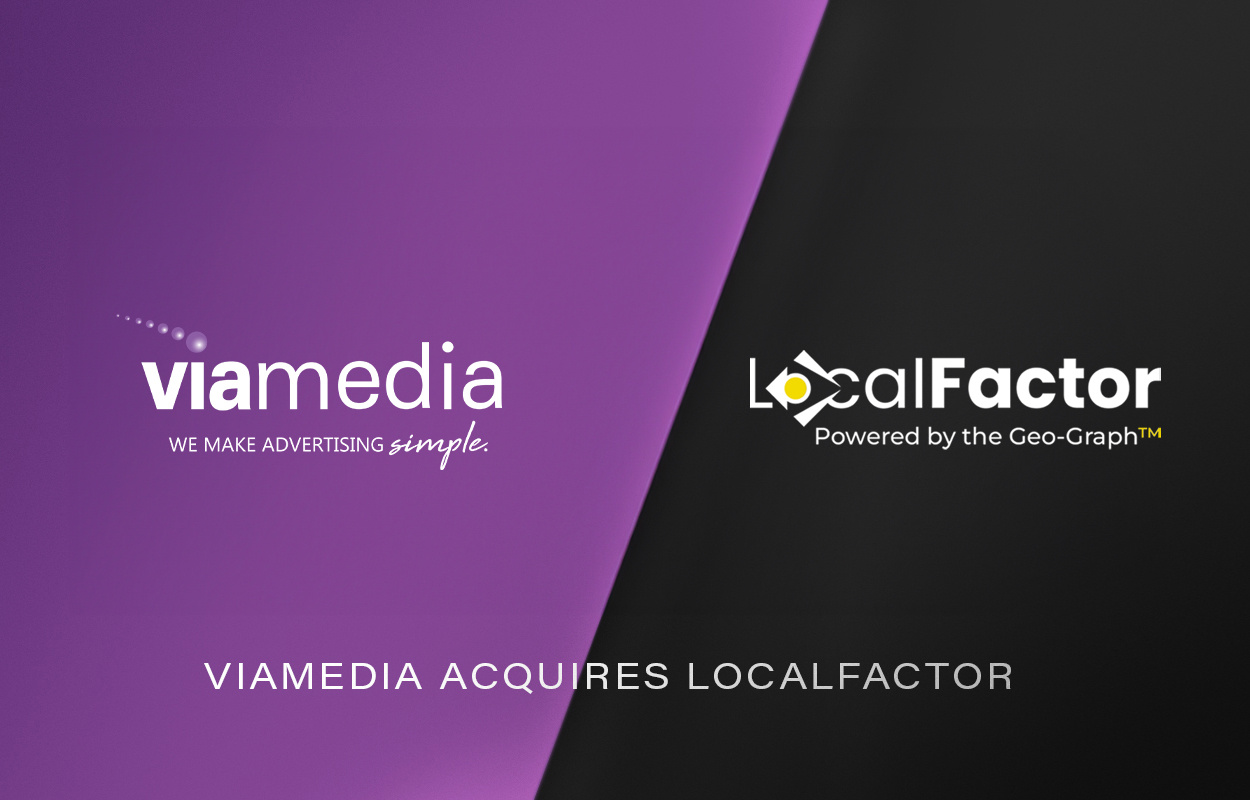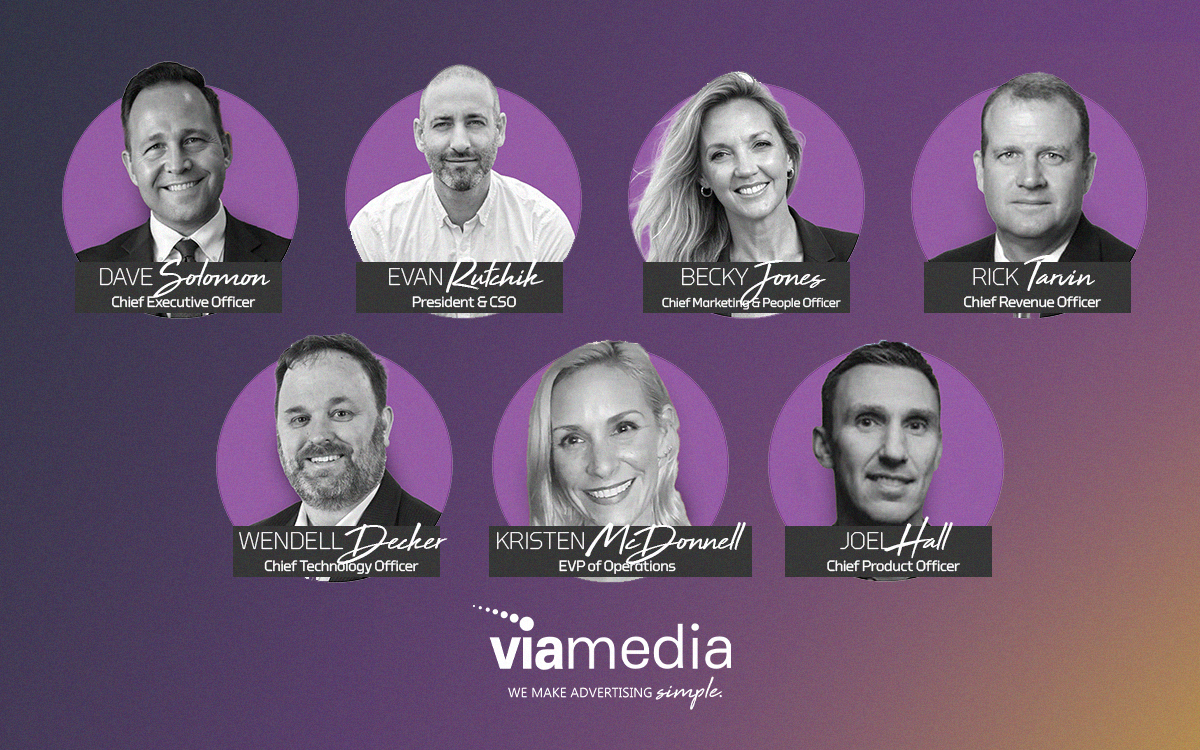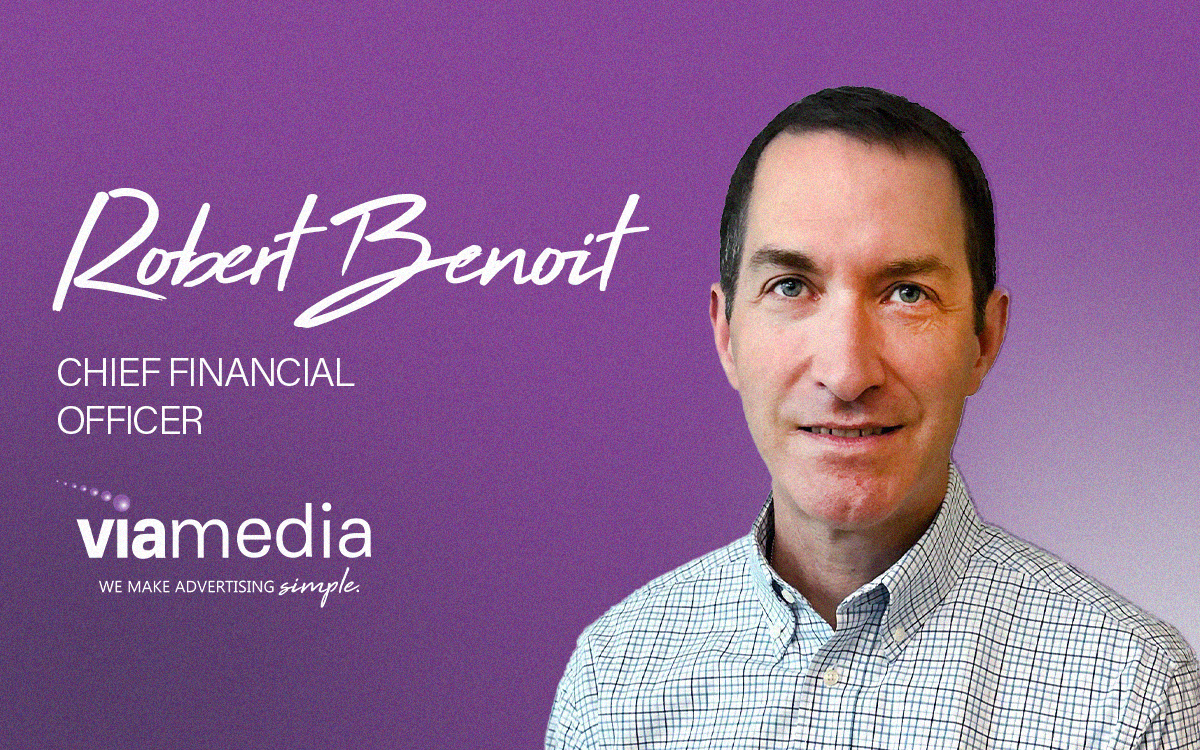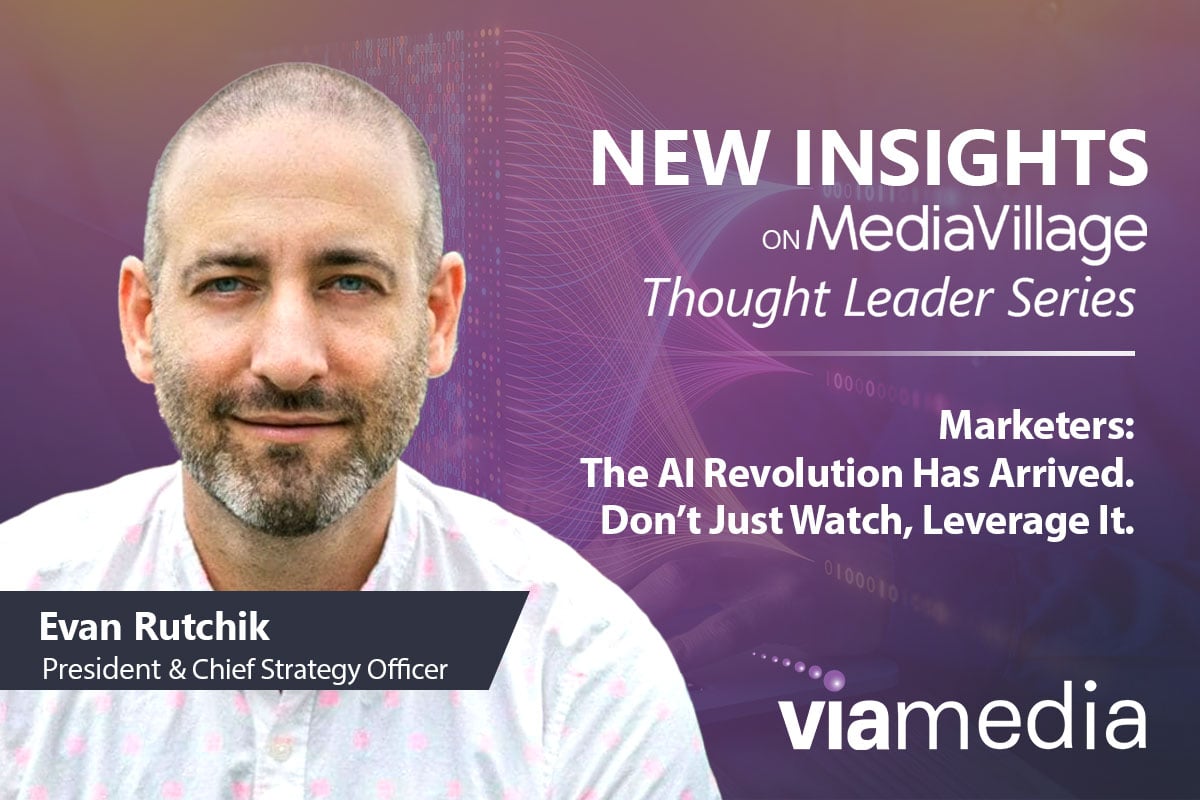You might say that, in recent weeks, we’ve been digging into the Cookie Jar… so you don’t have to.
Originally Published at MediaVillage
In our first of three postings on the topic, we attempted to “set the table” for you, if you will, by examining where we are in terms of cookie usage and how we got here.
In our second post, we took a look at the current landscape of state-by-state privacy regulation impacting the use of cookies and, importantly, where things stand, and are poised to move, in terms of industry self-regulation. We also touched on initial solutions for a post-cookies world on offer from various corners of the digital ad sector.
In this final posting on the topic, we’ll venture to offer you our own advice – with the caveat, of course, that digital advertising is an incredibly dynamic industry undergoing continuous change.
Our overriding piece of advice: Don’t panic!
While these post-cookies conversations have been unfolding for years, there's still some confusion about what this new environment actually is, and what it means for SMBs.
The loss of cookies by no means portends the loss of targeting. Nor does it mean losing the ability to report back valuable and tangible insights on ad campaigns.
There is a future well beyond the use of cookies, and a lot of very large and successful entities, not to mention lots of very smart people, have been analyzing and developing new solutions for quite some time.
And here is one example of why change can be a very good thing: The effort to move beyond cookies has led to some startling, “strange bedfellows” partnerships throughout the industry. Companies one might not have expected to collaborate with previously (I did not have a Google alliance with The Trade Desk on my Bingo card) are now putting their heads together productively, and that is a very healthy thing.
There are multitudinous options already, depending on the audience you want to reach and your preferences in terms of type of ad creative and KPIs, for example. There are so many options that it’s frankly difficult to advise marketers as to which may be their best path solely based on what might work for others.
But as a first step for any type of solution, we always strive to find the best-in-breed.
For example, as we noted in our second posting, a number of prominent industry players are working on the solution of a universal ID across all platforms, regardless of where a marketer’s ad is running. A truly effective universal ID can earn the trust of brands, agencies/buyers, ad-tech intermediaries and industry watchdogs alike. This will no doubt take time, but it’s an important goal, and I encourage you to continue to “watch this space.”
The main objective of all the industry evolution – some might say upheaval -- of recent years has been the critical balance of the protection of privacy for the end user and the continued delivery of revenue to the publishers. The challenge, and the shared objective really, is to develop not just a win-win… but a win-win-win -- for all three major slices of the digital-ad-industry pie: publishers, advertisers, and the end user.
While at Viamedia, we are keenly watching industry developments, and we are forging ahead with our own alliances to leverage innovative uses of first-party data on behalf of clients.
We've recently launched a platform allowing publishers and marketers to capture user information on their own websites, in privacy-safe fashion, to target their audience elsewhere.
Our new platform, Accelerate, essentially de-anonymizes the data with the user’s permission, whether via opt-in or opt-out. One automotive company was able to increase leads 14% without increasing its overall ad spend. Who needs cookies?
To some, all the newfound change in digital advertising may seem rather chaotic, at least for now. But out of chaos can emerge some of the most brilliant business solutions. Or, to borrow from Orson Welles’ legendary speech in the 1949 movie The Third Man: “You know what the fellow said—in Italy, for thirty years under the Borgias, they had warfare, terror, murder, and bloodshed, but they produced Michelangelo, Leonardo da Vinci, and the Renaissance. In Switzerland, they had brotherly love, and they had 500 years of democracy and peace. And what did that produce? The cuckoo clock.”
I encourage readers to reach out with their questions or thoughts. Feel free to email me at info@viamediatv.com
Posted at MediaVillage through the Thought Leadership self-publishing platform.
Click the social buttons to share this story with colleagues and friends.
The opinions expressed here are the author's views and do not necessarily represent the views of MediaVillage.org/MyersBizNet.






